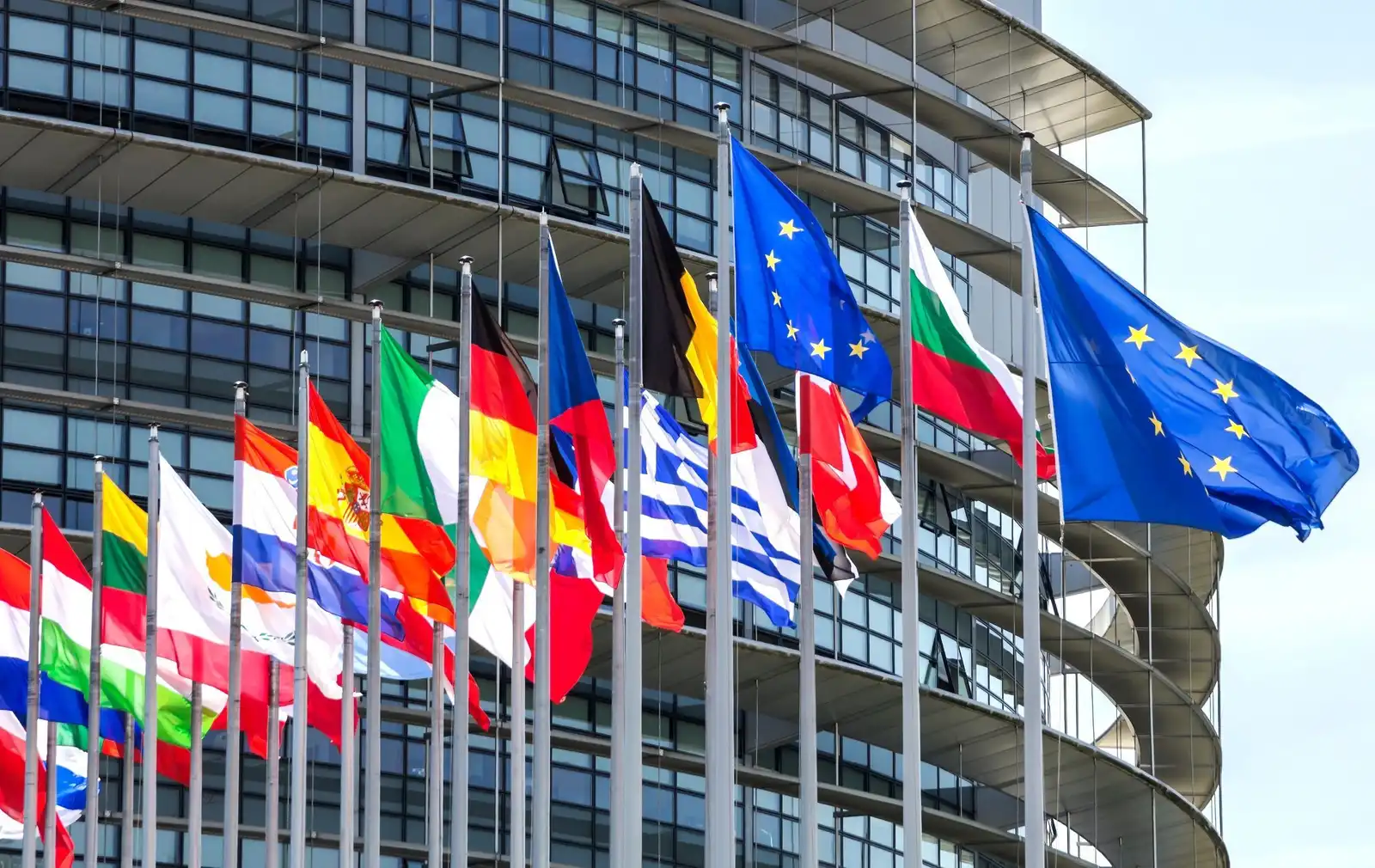Home>Interview with Professor Mathieu Fulla
29.03.2023
Interview with Professor Mathieu Fulla

During the 2023 Pre-College Programme, Professor Mathieu Fulla will be teaching the course "La Démocratie en Europe" in French.
What makes the Summer School's Pre-College Programme such a distinctive experience for high school students?
The Summer School’s Pre-College Programme offers a great opportunity for high school students, since it allows them to experience for the first time what it really means to study social sciences at the university level. The class I deliver about the history of democracy in Europe in the 20th and 21st centuries pushes them to directly address primary sources and historiographical references. They are strongly encouraged to develop a reflexive critical point of view.
Tell us more about your course. How does it help students understand contemporary issues related to democracy? Why is it important for students to learn about the history of democracy in Europe?
This class aims at questioning the widespread belief according to which the political history of Europe in the twentieth century would be an irresistible march towards liberal democracy and market economy. I instead show that people’s attachment to democratic values from the First World War to the present has been extremely fragile and uncertain. Throughout this period, democracy has been challenged by powerful ideologies such as communism, fascism, and today populist forces.
Ultimately, this class aims at arguing that the 21st century does not mark the decline of democracy as such, nor does it open an era in which the enemies of democracy would have become hegemonic. Although representative democracy (the dominant form of democracy in the Western World) is under stress, some activists operating in political and non-political groups are striving to re-invent other forms of democracy much closer to common people.
students at the summer school come from a variety of backgrounds and countries. How does their diversity of perspectives influence interactions during the classes?
This diversity has a huge influence during the classes. Students at the Summer School have been trained in various different academic systems. It is particularly telling in history, a field in which academic programmes remain strongly influenced by the nation-State. Teaching at the Summer School is a wonderful opportunity to deconstruct some historical clichés relentlessly mobilised in national memories. It also allows students to confront their (sometimes very different) views on major historical events such as the rise of fascism during the interwar period.
how does the academic programme prepare students for post-secondary studies and for their careers aspirations?
I think the academic programme offers a relevant perspective about what learning social sciences in post-secondary studies really means. In my course, I particularly insist on the fact that there is no one single historical account. On the contrary, historiographical debates between academic and non-academic historians may be tense and hard. I also insist on the scientific imperative to seriously question national memories – put differently to systematically deconstruct memorial accounts.
In addition, I think that the Summer School is a first opportunity for students to be exposed to primary sources (texts, images, data, and so on). It is important for them to realize that historical knowledge is based on archival materials, and that some historical interpretations have been completely reshaped after the opening of new archival sources – the history of the USSR offers a telling example in that sense.
What do you think will surprise students the most about your course?
Closely linked with my previous remark, I think that some students may assume that there is one single historical account before starting my class. I do hope that they have broken with this false image by the end of the session.
Biography
Mathieu Fulla is a Faculty member at the Center for History at Sciences Po. His main research areas are the history of the European Left in the twentieth and twenty-first centuries (he notably published Les socialistes français et l'économie. Une histoire économique du politique, Presses de Sciences Po, 2016), the history of the state, and the history of capitalism and its "financialization" from the 1970s on. He recently published two edited volumes: Mathieu Fulla, Marc Lazar (eds.), European Socialists and the state in the twentieth and twenty-first centuries, Palgrave, 2020; Alain Bergounioux, Mathieu Fulla (eds.), Michel Rocard Premier ministre (1988-1991). La deuxième gauche et le pouvoir), Presses de Sciences Po,forthcoming (September 2020).